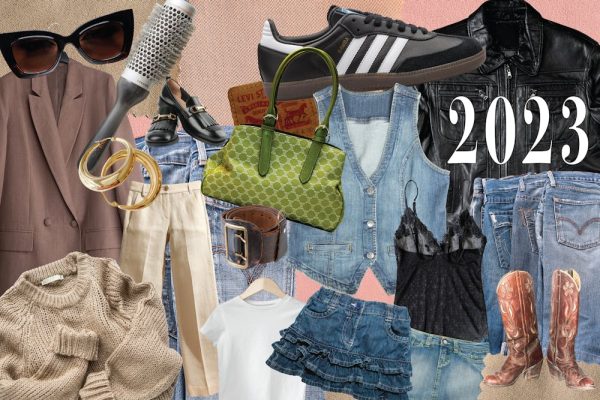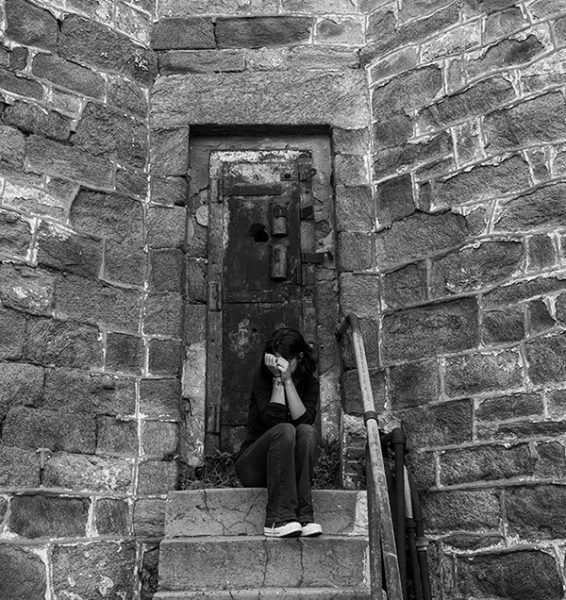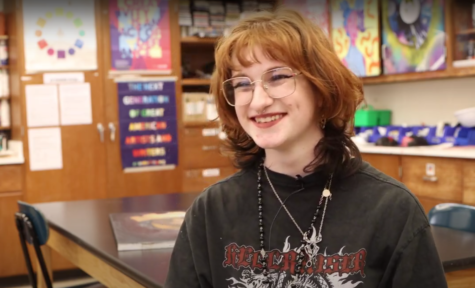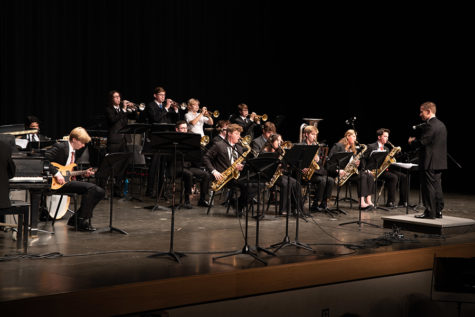Diversity Within Blizzard Entertainment’s “Overwatch”
May 31, 2018
eSports, or professional gaming, has it all. Drama. Suspense. Prizes. In 2015, 226 million people across the globe tuned in to watch eSports. Usually showcasing MOBAs, Multiplayer Online Battle Arena Video Games, such as League of Legends, Smite, or Dota 2, eSports has taken on a culture of its own. However, the culture that eSports have created has been extremely toxic to the female market.
This year, one the most popular games on the market to both play, stream, and watch is Blizzard Entertainment’s “Overwatch (2016).” Known for creating iconic games such as World of Warcraft, Starcraft, Hearthstone, and Diablo, Blizzard has once again found its way into eSports territory with the “Overwatch League.” Overwatch is a game heralded by both critics and players for its inclusivity of characters with detailed backstories, flawless design, and its representation of people of color, women, LGBQT+ characters, and characters with diverse body types. One female character, Hana Song, known as D.Va, is a tank character who is a professional gamer in the series. Blizzard outwardly supports women in gaming, but the Overwatch League, not unlike many other eSports competitions, only has one woman in the entire competition.
With three and a half million dollars on the table, the Overwatch League is a very tight competition, yet players within the league, who are supposed to act cordial and courteous, have been quite the opposite.
The first week within the league’s start, Felix Lengyel of Dallas Fuel had been suspended for using homophobic slurs and fined two thousand dollars by the Overwatch League. A few weeks later, Timo Kettunen, another competitor in the League on Dallas Fuel, had used another homophobic slur. The Overwatch character, Tracer, who appears as the “CoverGirl” of the game, is canonically a lesbian, and many were even more offended by their comments due to this fact.
The only woman currently on the league is Kim Se-Yeon, known professionally as Geguri, an 18-year-old South Korean gamer, and one of the most skilled players to ever grace the field. In 2016, Geguri was accused of using an aimbot, or a piece of software that allows players shoot targets with ease, due to her outstanding performance in the Nexus Cup Korean Qualifiers, leading many to believe that her play style was “unbelievable.” To prove her innocence, Geguri live-streamed her games from a monitored studio, and Blizzard Entertainment themselves even put out a statement she didn’t cheat at all. By the end of the live stream, Geguri was in tears and had to leave the building due to the constant stream of death threats and harassment during the stream. Even after the “scandal” and the statement from Blizzard, many still relentlessly attacked and harassed Geguri.
Geguri’s experience is not unlike other women who play Online PvP games, not just Overwatch, and many face harassment for merely speaking.
“If guys find out my gender during a match, they get really creepy. I just don’t talk anymore,” says a source.
Additionally, many female eSports candidates choose not to participate, in fear of harassment and death threats, much like the ones Geguri was exposed to in 2016. In September of 2017, Jeff Kaplan, vice president of Blizzard Entertainment, took action and put out a developer update on Overwatch’s official youtube channel, stating that “Overwatch should be an inclusive game space. It’s an inclusive, aspirational universe, and that gameplay experience should match what Overwatch is trying to achieve.” In that developer update, the Overwatch team began including a reporting feature, which until then, was not available on the console.
Even though eSports and video game culture is severely toxic towards the female market, many female gamers really do respect the attempts Blizzard is putting in to try to make Overwatch a game that represents all different types of people and women. The gaming scene, not just eSports, has been lacking a representation aspect for quite some time. Most protagonists in games are white men, and female characters in games are often sexualized.
“It’s really cool to see all the amazing female characters up on the screen, and they’re not cookie cutter either. They’re pretty, smart, and powerful, and it makes me feel like that too,” says an anonymous Overwatch player.
Just this January, during the Women’s March in Seoul, a group of protesters was photographed holding a flag with the symbol of Overwatch character, D.Va. The protesters in the photo were later identified to be part of the National D.Va Association, a South Korean group of feminist gamers, who banded together, “so that in 2060, someone like D.Va could actually appear.” Additionally, they expressed that gamers like Geguri of the Shanghai Dragons and characters like D.Va were their sources of inspiration.
The representation in Overwatch is not perfect. Currently, there are no gay men represented in Overwatch, and some female heroes, like defense character Widowmaker and support character Brigitte, have been relentlessly criticized as being sexualized. However, as stated by Overwatch artist Rachel Day in an interview by Kotaku, “We’re here to build a very diverse game. We’re looking globally, we’re looking for all different kinds of people, different body types, all of that.”
Even if the representation is not where it should be, there is no doubt that Blizzard Entertainment’s “Overwatch” is building a complex universe, inspiring gamers, and little by little, breaking the barriers of eSports and gaming culture, one character at a time.







